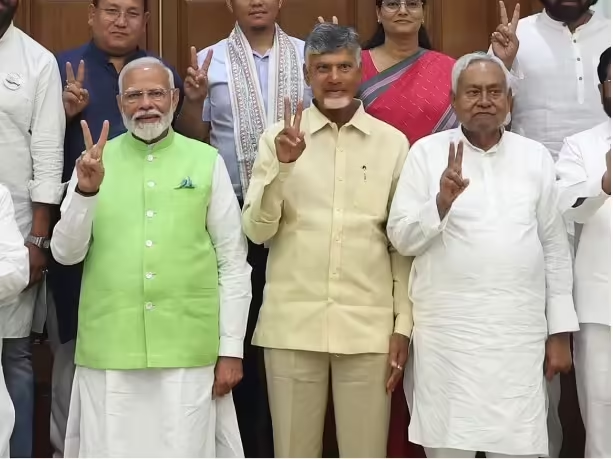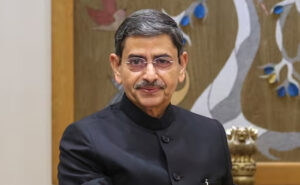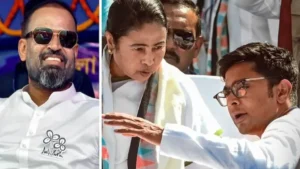The important position of Speaker of the Lok Sabha has come into focus as Prime Minister Narendra Modi begins his third term in office. A lesson sharply remembered from the 1999 fall of the Vajpayee administration, the proverb “jiska speaker, uski sarkar” (their speaker, their government) emphasises the relevance of this stance.
The administration led by Atal Bihari Vajpayee collapsed in 1999 when the Lok Sabha barely rejected a motion of confidence. The crucial moment occurred when Odisha Congress politician Giridhar Gamang, who had just taken the oath of office as the state’s chief minister, was permitted to cast a ballot by Lok Sabha Speaker GMC Balayogi of the Telugu Desam Party (TDP). The Vajpayee administration was defeated by a mere margin of one vote, 269 in favor and 270 against, thanks to Gamang’s lone vote against the government tipping the scales.
With the National Democratic Alliance (NDA) eyeing the position once more, this historical incident has rekindled conversations about the authority and impact of the Lok Sabha Speaker. Based on reports, the TDP, which is the second-largest element of the NDA, is reportedly vying for the Speakership, which they previously held before Vajpayee’s fall.
The BJP just made it to the 272-seat majority threshold in the 543-member Lok Sabha with its recent election victory, which saw Prime Minister Modi gain 240 seats. In comparison, the BJP had a resounding majority during Modi’s first two terms in office. The current state of affairs is similar to that which Vajpayee encountered in 1999, when coalition dynamics were crucial.
In addition to making crucial choices that can affect the course of legislation, the Speaker has a crucial role in upholding order and interpreting House rules. In addition, the Speaker leads joint sessions of Parliament and casts the deciding vote in the event of a tie. The importance of the role is further demonstrated by their discretion in making judgments, such as what kinds of invoices to send.
The selection of the Speaker becomes of even more strategic importance for the BJP, given its need to manage a coalition government. Recalling the 1999 episode, the TDP, led by N. Chandrababu Naidu, has apparently declared its candidacy for the position. The leader of the Shiv Sena (UBT), Aaditya Thackeray, has also asserted that the Janata Dal United (JD(U)) is entitled to a claim.
Given their legislative majority, the BJP appointed the Speaker from among its members throughout the previous 10 years, but this circumstance may signal a change in the party’s approach. Thus, the choice about the Speaker’s selection in Modi 3.0 is expected to be a crucial examination of the BJP’s ability to lead a coalition.
The Speaker’s authority extends beyond mere authority-wielding to include overseeing the efficient operation of the House. The Supreme Court of India has emphasized the importance of the Speaker’s neutrality and that their responsibilities should be beyond political boundaries. The idea in question was particularly supported by Somnath Chatterjee, the former Speaker of the Lok Sabha, who was expelled from his party for putting his duty ahead of party loyalty.
The Lok Sabha Speaker’s appointment will be closely monitored during Modi’s next tenure. It will not only represent the inner workings of the NDA but also establish the standard for future legislative sessions. Undoubtedly, the lessons learned and the memory of the 1999 vote will play a significant role in this important choice.







